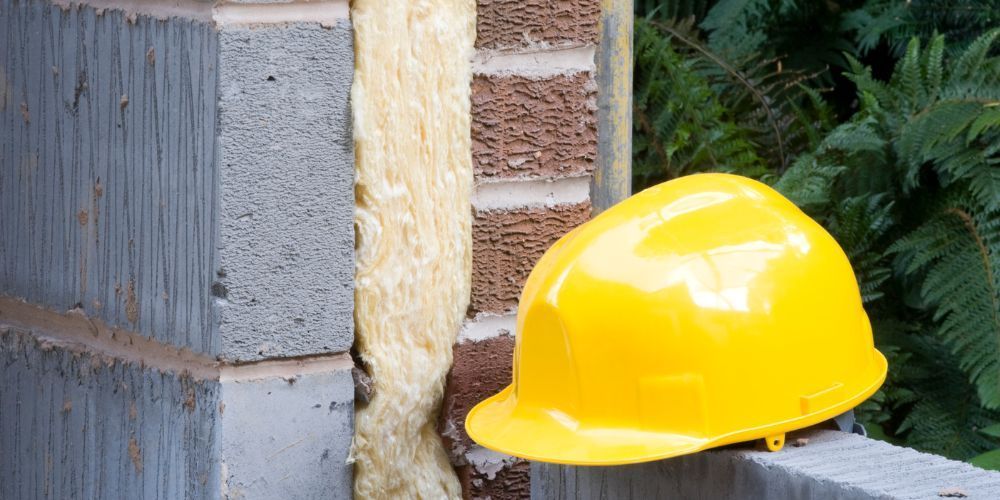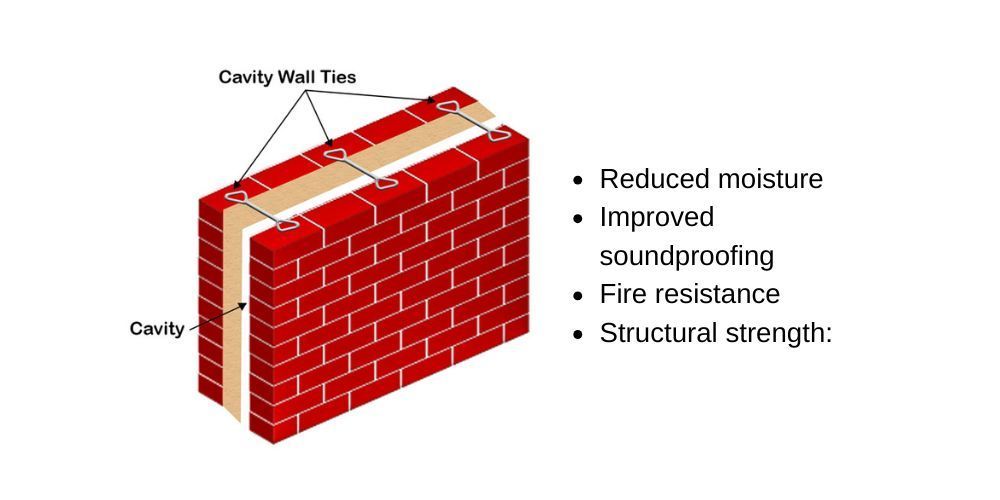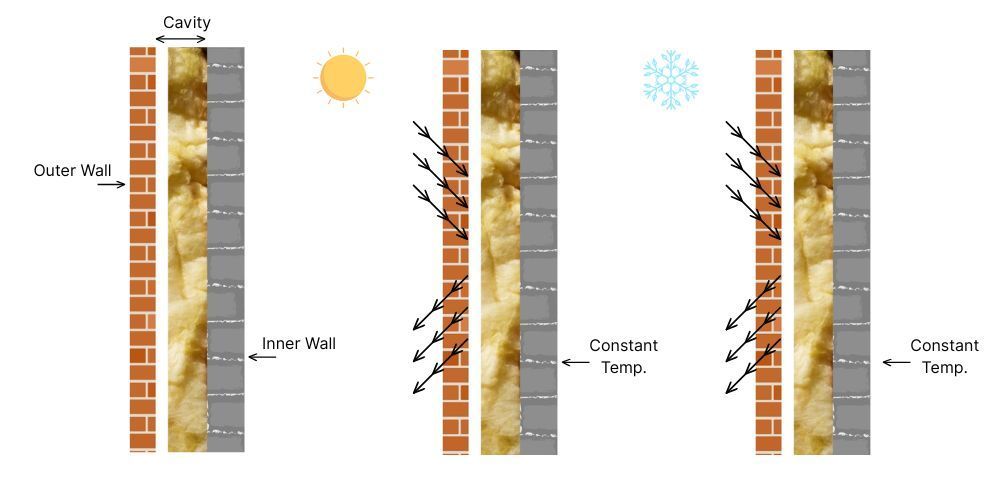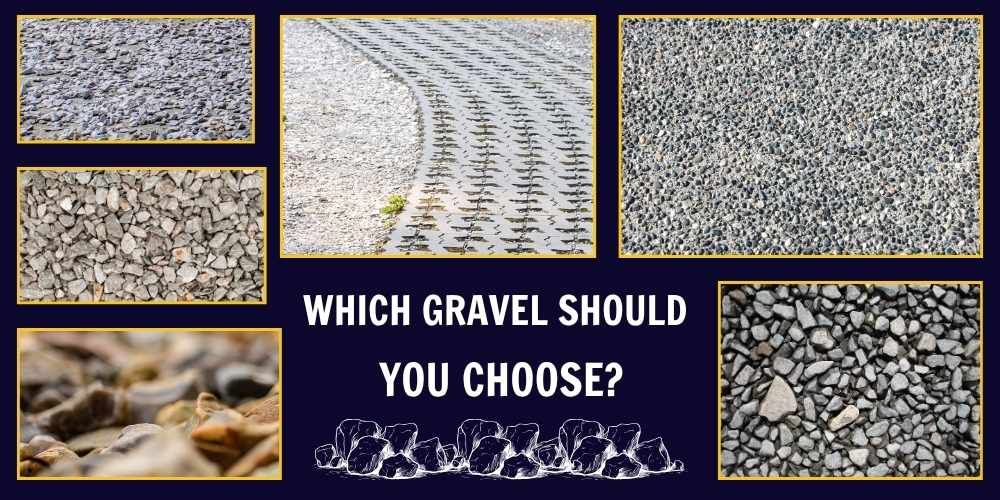The Guide to Cavity Walls: Benefits, Design, and Practical Uses

The wall of a home or commercial building is one of the most significant components of the construction. It protects us, sets the structure, and contributes massively to the climate within the house through the seasons. The cavity wall is one of the common ways employed in building today. So, what is it, and what makes it so effective? Let us make it simple.
What Is a Cavity Wall?
A cavity wall design consists of a small gap or cavity between two separate (also referred to as leaves) layers of the wall. Both these walls tend to be of brick or concrete blocks, and the gap between the two walls serves to slow the transfer of heat outside to the interior and vice versa.
The strength and insulation provision of this design is high, bearing in mind that there is only one solid wall. This is the reason why cavity wall construction has become a widespread decision in residential and commercial buildings.
Cavity Wall Benefits

Having an improved temperature in the building is also among the best cavity wall benefits. The air gap between the two walls allows the space to act like a barrier to heat during the summer season and cold air during the winter season. That means your HVAC system doesn’t have to work overtime, saving you both energy and money.
Other cavity wall benefits:
- Reduced moisture: The opening may stop rainwater from getting to the internal walls.
- Improved soundproofing: The design automatically lowers external noise.
- Fire resistance: Cavity walls will provide higher protection against fire spread.
- Structural strength: The two layers make the wall more durable, especially in cases where reinforcement is provided.
How Cavity Wall Insulation Works

An empty cavity wall can have insulating material fitted in it to make it even more efficient. This is called cavity wall insulation. One can use a variety of materials, including foam or mineral wool. These are put into the cavity during or after construction.
This insulation helps control your home's temperature all year round- warm in winter, cool in summer. This qualifies it to be used in American homes where there are changing seasons.
The process of adding cavity wall insulation will not only help you have better temperature control cavity wall systems, but it will also result in a decrease in the total amount of energy you consume. That is not only nice to the environment but also to your pocket.
Cavity Wall Concrete Construction and Its Uses
Most people imagine large, solid buildings like schools or malls when they hear about cavity wall concrete construction. However, this kind of wall can also be excellent in houses, particularly when it comes to concrete blocks.
Cavity wall concrete construction gives strength and stability. It has been applied in:
- Fireplaces: Cavity walls that are constructed of concrete have the benefit of retaining heat in the household and cushioning the remaining rooms against overheating.
- Foundations: A concrete cavity wall foundation is able to present an enhanced safeguard against soil moisture and moving ground.
- Commercial buildings: The style is applied in office buildings and warehouses to enhance stronger insulation.
Cavity wall concrete construction can be easily incorporated into the complete design of a building since it blends well with other concrete structures. All you need is to liaise with the expert concrete contractors who can handle this system with technical know-how.
Temperature Control Cavity Wall Systems- A Year-Round Solution
Most homeowners think of insulation during winter, but a temperature-controlled cavity wall proves useful during summer as well. It lessens the heat of the sun, keeping the indoor cooler.
A temperature control cavity wall can make the difference in having a stable temperature all year round when correctly designed and with appropriate materials. This minimizes the heating or cooling, hence energy conservation and reduced utility bills.
Whether you live in a warm or cold climate, cavity wall insulation provides year-round comfort. It's the intelligent answer for superior temperature control.
Cavity Wall Construction- What to Know Before You Build
One frequent inquiry entails cavity wall construction cost. The fact is, it may be expensive or cheap relative to the size of your house, the materials utilized, and the place where you want the work done.
Generally, the cavity wall construction cost is more than constructing single-layer walls because of the extra cost of labour and materials. Nevertheless, it can be worth an investment because of the energy bills saved in the long term. Additionally, better convenience and lower maintenance expenses are even more valuable in the long run.
With cavity wall insulation added to it and concrete materials being utilised, the cavity wall construction cost may increase a bit, but you will enjoy greater longevity and temperature control, cavity wall properties that will easily span decades.
Common Misconceptions About Cavity Walls
Now, to clear up some of the general myths:
● “Cavity walls are deemed to be designed only for cold weather.” Not true! They are assistive in heat as well.
● “They are too expensive.” The initial cavity wall construction cost may be more expensive, but over time, savings have normally been more than the initial construction cost.
● “All cavity walls are the same.” It is about design, materials and quality of installation.
Also read: Poured Concrete vs Timber Retaining Walls
Conclusion
Cavity walls offer a smart, long-term investment with benefits that go far beyond simple structure, from enhanced insulation and lower energy bills to year-round indoor comfort. When designed and insulated correctly, temperature control cavity wall systems deliver exceptional performance. To ensure your project is done right, it’s essential to work with experienced professional contractors. Easter Concrete Contracting brings the expertise, materials, and workmanship to assist you with efficient cavity wall systems.








